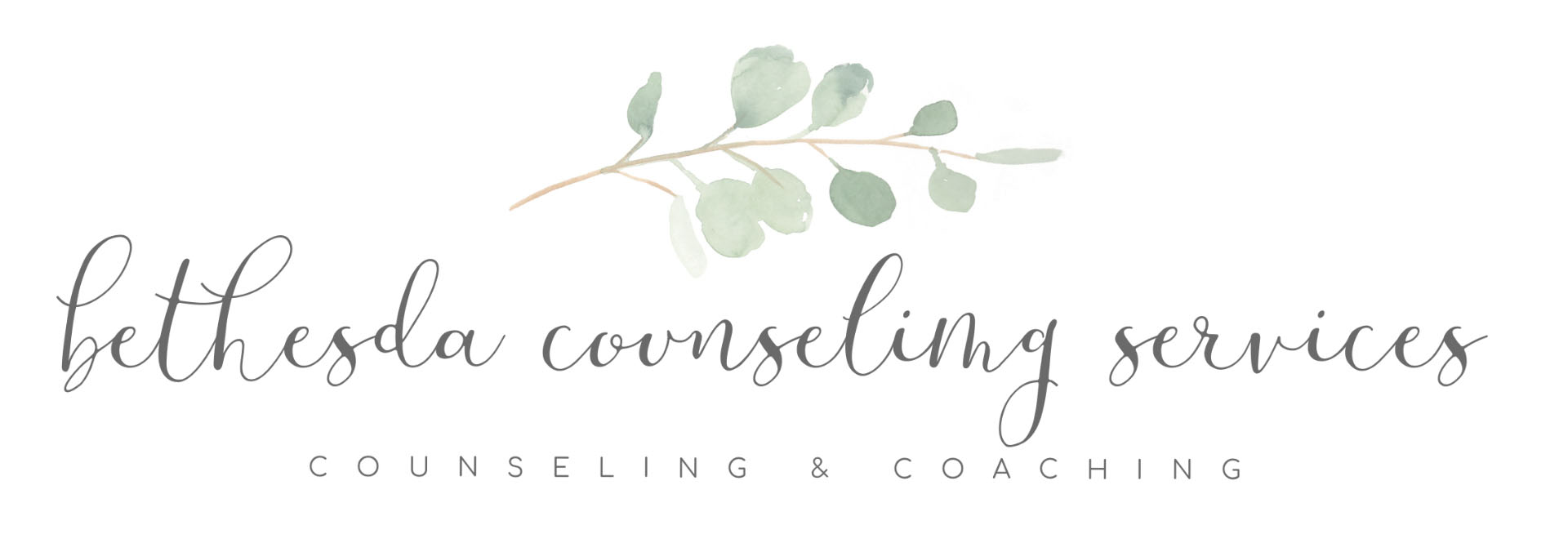Hello 2020, Goodbye Diet Culture

It’s that time of year again.
The joy and celebration of the winter holidays have swiftly passed and we begin to say goodbye to another year. As we sit down to reflect and write our intentions, weight loss seems to make the top of the list year after year.
We know that many resolutions fail because we often cling onto unsustainable plans that are disconnected to our values. But there’s also a huge cultural component that is arguably the most toxic of all when it comes to goals for weight loss:
Diet culture.
Diet culture is the system of beliefs that values thin bodies, small bodies, able-bodies, white bodies, and shames everything and everyone else. Diet culture is why you don’t feel good enough, why you judge yourself and loathe your body, why you find yourself feeling out of control around food. It’s why you are not sure what to eat, how to eat, when to eat and when not to eat. It’s why you binge, why you restrict food groups or skip meals all together. It’s why you feel that exercise has to be punishing instead of joyful. It’s why you feel guilty and angry when the scale doesn’t budge.
Diet culture is what convinces us to spend all of our time, money, and energy chasing health (or rather, thinness) and that all of our problems and insecurities will go away as soon as we reach a certain size or weight.
You may not think you’re “dieting” or planning to “diet” in the New Year because the culturally sanctioned pursuit of intentional weight loss has become so commonplace and unfortunately the norm. Diet culture is also now masking itself as wellness culture, deeming “health” a moral obligation, a “lifestyle” when it’s really praising thinness, fitness, and idealizing small bodies—further perpetuating toxic messaging, stigma, fatphobia, and the denial of body diversity.
So if upon examining your relationship with food and your body, you discover anxiety, stress, negative self-talk, guilt, and shame, a large part of that is likely diet culture to blame. It make sense, though. We are taught that our worth is in our size and weight, and we are sold a false promise that if we just work hard enough on shrinking our bodies, we will finally like ourselves. So, no, you don’t have to write “lose weight” in your 2020 resolutions and eliminate food groups, do Whole 30, eat Keto, or Paleo, exercise excessively, or get bikini ready (whatever that means).
Your body is not a problem. And weight loss doesn’t necessarily support health. Sure, eating nutritiously and engaging in joyful movement enhances both our physical and mental wellness, but weight loss in and of itself is not a gateway to health. Health-promoting behaviors can lead to weight loss but they can also contribute to weight gain, or have no impact on weight, depending on the person and their set point. It’s really behavior change that produces positive health outcomes, not what the number on the scale says. We also know that while weight loss attempts are often initially “successful”, they often result in eating disorders, disordered eating, body dissatisfaction, and negative self-esteem in the long-term, among other consequences. So take the focus off weight. And if you’d like to improve your health in 2020, focus more about how you’re taking care of yourself, how you’re talking to yourself, how you’re nourishing yourself, how you make room for playful and yummy foods along with nutrient dense and green foods, how you see yourself, how you rest, sleep, move, hydrate, create, spend, slow down, and connect with yourself and those around you. Health includes our mental health, our financial health, and our relationship health, just as much as it does our physical health.
As you welcome a new year and a new decade, consider what you’re focusing on. It’s not your fault if you have a funky relationship to food, diets, and your body. It’s our culture’s. So try to call out diet culture if you notice yourself fixating on the scale, or your size. Try to call out diet culture when you hear your coworkers talking about their new eating regimens, or when family members or friends are engaging in body shaming. And see if you can identify some intentions for 2020 that have nothing to do with weight loss—diversify your social media feeds, cook at home more, practice gratitude, drop the comparison, enjoy joyful movement, set boundaries, journal, volunteer, drink more water, try out a new activity, schedule date nights, get some new houseplants, and always be kind and compassionate to yourself. Maybe these offer you a few places to start.
Unlearning diet culture can take time. If you’re new to this discourse, or if you’ve been working through letting it go over the years, you’re not alone! There is life beyond diet culture (and, wellness culture) where your happiness and worth have little to do with what you’re eating or how you look.
The more you can take the power away from food (and food rules), and the notion that your body defines you, the more mentally nourished you will feel. There is more to life than controlling food, abusing exercise, and body fixation. Give yourself that freedom, kindness, and respect.
Additional resources: Books // Anti-Diet — Christy Harrison, MPH, RD Intuitive Eating — Evelyn Tribole, MS, RD and Elyse Resch, MS, RD Body Kindness — Rebecca Scritchfield, RD Just Eat It — Laura Thomas, PhD Podcasts // Food Psych — Christy Harrison, MPH, RD Positive Nutrition — Paige Smathers, RDN It’s Not About The Food — Stefani Reinold, MD Referrals // Find a therapist and/or an anti-diet, health at every size dietician, that specializes in food, body, self-worth issues.

